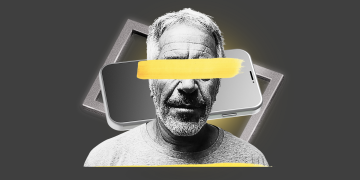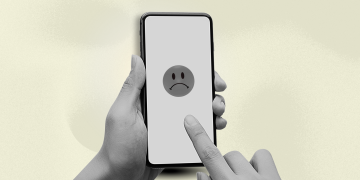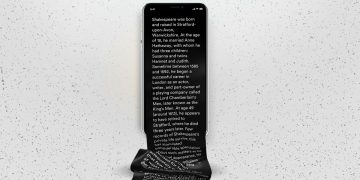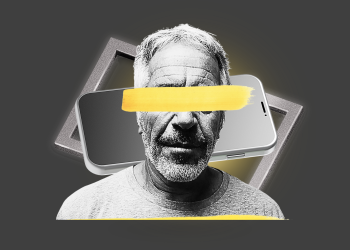The global spread of coronavirus has been paralleled by many conspiracy theories. Misinformation about the origins of the virus as well as motivations of preventive methods such as vaccines, face masks and social distancing has been circulating on social media for some time, causing uncertainty and anxiety. From outlandish suggestions like drinking bleach to beat Covid-19 to flimsy claims that vaccines can alter a person’s DNA, the pandemic has made clear the challenges that medical misinformation can pose in the digital age.
Recently, several French YouTubers and social media influencers uncovered a marketing campaign aimed at spreading false information about the BioNTech-Pfizer Covid-19 vaccine. On Monday, May 24, Léo Grasset, known for his YouTube channel “Dirtybiology,” wrote to Twitter that he had received a request from an obscure communications company to destroy the Pfizer vaccine on video – with a colossal budget.
C’est étrange.
J’ai reçu une proposition de partenariat qui consiste à déglinguer le vaccin Pfizer en vidéo. Budget colossal, client qui veut rester incognito et il faut cacher la sponso.
Éthique/20. Si vous voyez des vidéos là dessus vous saurez que c’est une opé, du coup. pic.twitter.com/sl3ur9QuSu— Léo Grasset (@dirtybiology) May 24, 2021
In a document sent to him by a mysterious agency, the French YouTuber was asked to make a video that would hold the vaccine responsible for more than a thousand deaths around the world. The requests were further specified in another email, saying that it should be noted in this video that Pfizer-BioNTech’s vaccine has a significant mortality rate.
An article cited by the document sent to Léo Grasset claims that this information comes directly from AstraZeneca. This information was allegedly leaked from the company in mid-May, but we have no evidence to confirm this, or any recent reports of data breach from AstaZeneca.
Refusing to share information about who finances the distribution of such a video, the partnership proposal also asked recipients not to disclose that they were paid to produce this content.
Who is behind this?
The agency introduced itself to influencers as “Fazze”. However, there are no records of this company on the Internet other than its own site. The only information available is an address in London on its website, which turns out to be a fictitious address since 177 addresses are domiciled there and none of them is Fazze.
In the hours following the discovery of this campaign, people who appeared on LinkedIn as Fazze employees either switched their accounts to private or even deleted their information. What is more, although not currently available, the profile of the company’s CEO revealed that the company operates from Moscow, Russia, not London.
For vaccines to work, the number of people vaccinated is extremely important. The majority of the population needs to be vaccinated for collective immunity. Unfortunately, the struggle to find an effective strategy to curb the spread of the virus becomes even more challenging with these untrue news stories and unverified information.
What do you think can be done to prevent the spread of false information on social media? Don’t forget to leave a comment below and follow us on social media!















